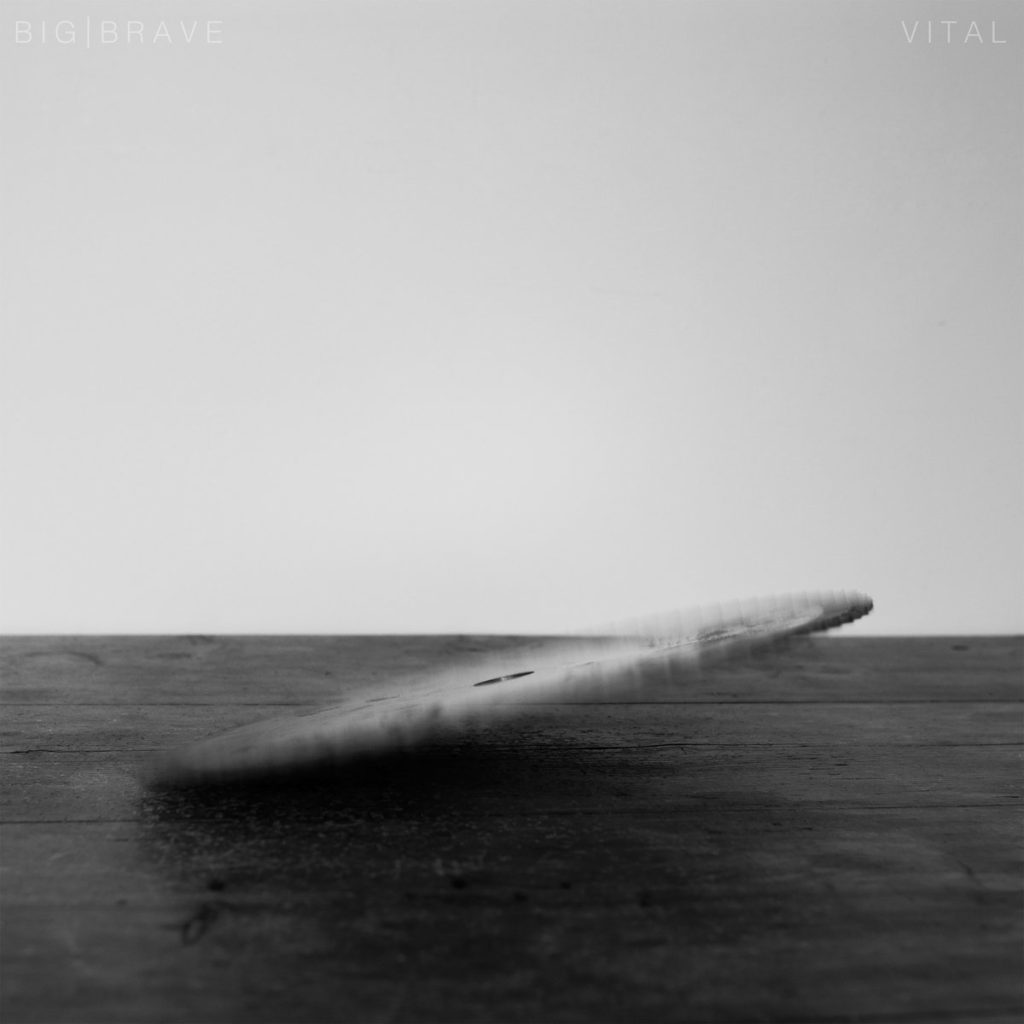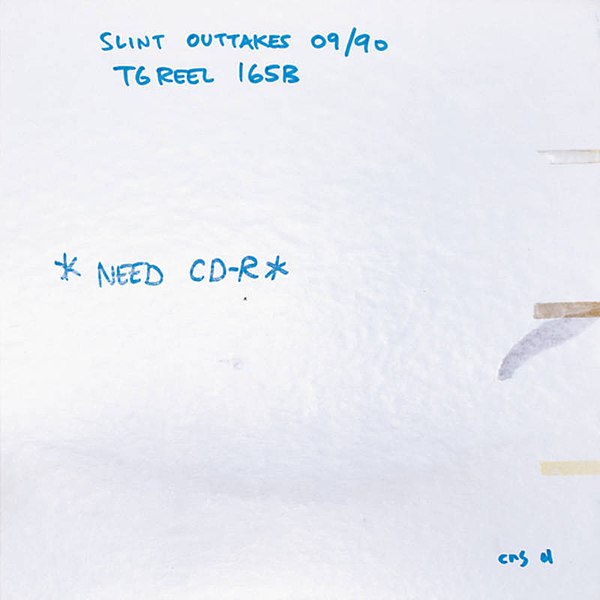In a word: disquieting. It’s not like a blood-splattered horror film sequence, though the theatricality and melodrama clearly – some might say “defiantly” – on display sometimes suggests otherwise. But Crease, the debut LP from Kee Avil on Constellation Records, seems fixated on confronting silences and reworking them to maximum discomfort. The record is a tough listen, and, yes, especially in this age of streaming gratification, a tough sell. Kee Avil, essentially, is the one-woman project of the Canadian artist Vicky Mettler. It would be more accurate to abandon the concept of “projects” and instead use the word “construction” because even Mettler’s visage is “put together;” in the case of the album art, she appears cloaked in white and wearing a crumpled photograph of a face as a mask. The record’s “songs,” too, all 10 of them, are constructions, the kind that proudly display their seams and stitches. Yes, Crease is a concept record in at least one sense of the word: it is a record of concepts, the main one being how to dismantle song structures and consciously tape them back together in a way that calls attention to their wobbliness and wondrous imperfections.
Mettler’s supple, occasionally erotic voice is the only constant on Crease, the only guiding light or, dare we suggest, recalcitrant principle. True to the suggestion of her press material, Mettler’s timbre, yes, sits at the cross-section of P.J. Harvey and late Scott Walker, an interesting if occasionally hyperbolic mélange of influences. For lack of better terms, that makes Crease an experiment in post-punk or the avant-garde. But, beyond the conceits, Mettler’s voice is good, plain and simple, sometimes even hauntingly so. And she gets a lot of mileage out of sensually whispering in your ear, suggesting things both intimate and dream-laden that often are pursued in beds.
The constructions exist in various states of flux. Some, say LP opener “See, my shadow,” are orchestrated or faux-orchestrated, with Mettler singing roughly in time to sparse (but very well done) glitch or the plucking of a detuned guitar. But, this isn’t organic music, not some drive down Common Folk Way. It’s closer to a mutant cousin of Pop. But, even when Mettler seems content to revel in a bit of conventional verse/chorus/verse meters, she undermines and bastardizes the process by interjecting all forms of found sound. On certain songs, and again “See, my shadow” is a good example, it’s tough to tell where the “incidental” sounds begin and the “intentional” ones end. In that respect, she’s stumbled on something utterly fascinating, a real debate between the diegetic and nondiegetic, played out in real time.
“Saf” and “I too, bury” take the soft-sampled cooing and whispering to new levels but their real moments of affectation come from the way it’s unclear whether Kee Avil’s sparse music-scapes are populated by songs or sound, if the distinction could be made. The excellent “Devil’s Sweet Tooth,” about eight songs in, is a wicked little nugget of sound, where Mettler toys with faux-drones and other sounds of swelling to invoke both the dangerous and the subjectively forbidden. She pulls off similar feats of strength on “And I,” the most song-oriented, perhaps, of the record’s constructions, mostly because it consistently employs a detuned guitar and Mettler singing in a fixed time. Here, Mettler echoes the dryness and anti-scope of a prepared-sound artist like Dean Roberts, for whom many of us had higher hopes. But she does it while posing seductively, adding flesh to the narrative in more ways than one.
The record ends with the far-too-short “Gone again,” as close to a lullaby as Crease comes. Mettler, as on “And I,” sings in a fixed time with the simulacrum of an acoustic guitar but the song embraces a deeper melancholy than some of the vamping that surrounds it. Whether the piece would have descended into a warbled cut-and-paste masterpiece remains to be seen. Turns out Mettler can be coy and not confrontational about some aspects of her work.
All in all, this is a listen for the head more than the ears. Crease dishes out more than its fair share of food for thought, and that, if nothing less, seems to be Mettler’s intent. That, of course, and to make the process of listening to an artist as awkward and nonlinear as possible. Is it a great record? It’s hard to say. You might not be revisiting it much — but, when you do, we’re sure it will continue to be fascinating. — Justin Vellucci, Spectrum Culture, March 24, 2022
-30-




